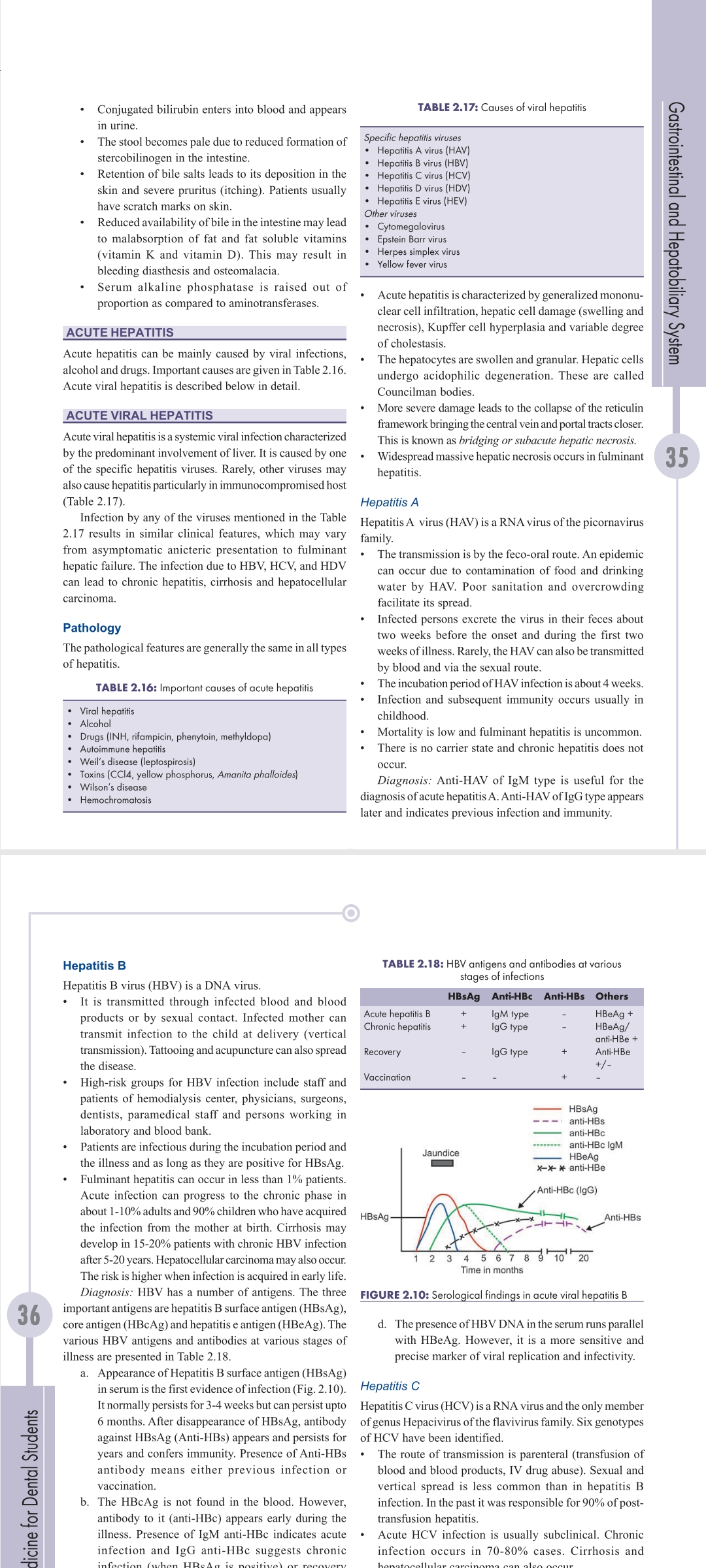What are the causes and characteristics of viral hepatitis, including hepatitis A, B, and C?

Understand the Problem
The question is asking about details related to viral hepatitis, specifically concerning various types, causes, and characteristics of hepatitis A, B, and C, along with their pathogenic features and transmission methods.
Answer
Hepatitis A spreads fecal-orally causing acute illness. Hepatitis B spreads via blood/body fluids causing acute/chronic hepatitis. Hepatitis C spreads via blood often progressing to a chronic condition.
Hepatitis A, B, and C are caused by different viruses. Hepatitis A is mainly spread via the fecal-oral route and causes acute illness. Hepatitis B spreads through blood and bodily fluids, leading to both acute and chronic conditions. Hepatitis C is transmitted through blood, often progressing to chronic hepatitis.
Answer for screen readers
Hepatitis A, B, and C are caused by different viruses. Hepatitis A is mainly spread via the fecal-oral route and causes acute illness. Hepatitis B spreads through blood and bodily fluids, leading to both acute and chronic conditions. Hepatitis C is transmitted through blood, often progressing to chronic hepatitis.
More Information
Hepatitis A is often linked to poor sanitation and overcrowding. Hepatitis B has a higher risk when infection occurs early in life, and Hepatitis C's chronic nature can lead to cirrhosis and liver cancer.
Tips
A common mistake is assuming all hepatitis types have the same transmission routes and outcomes. It's important to note that A is usually acute, while B and C can be chronic.
Sources
- Viral Hepatitis - Cleveland Clinic - my.clevelandclinic.org
- Viral Hepatitis Basics - CDC - cdc.gov
- Hepatitis | Johns Hopkins Medicine - hopkinsmedicine.org
AI-generated content may contain errors. Please verify critical information